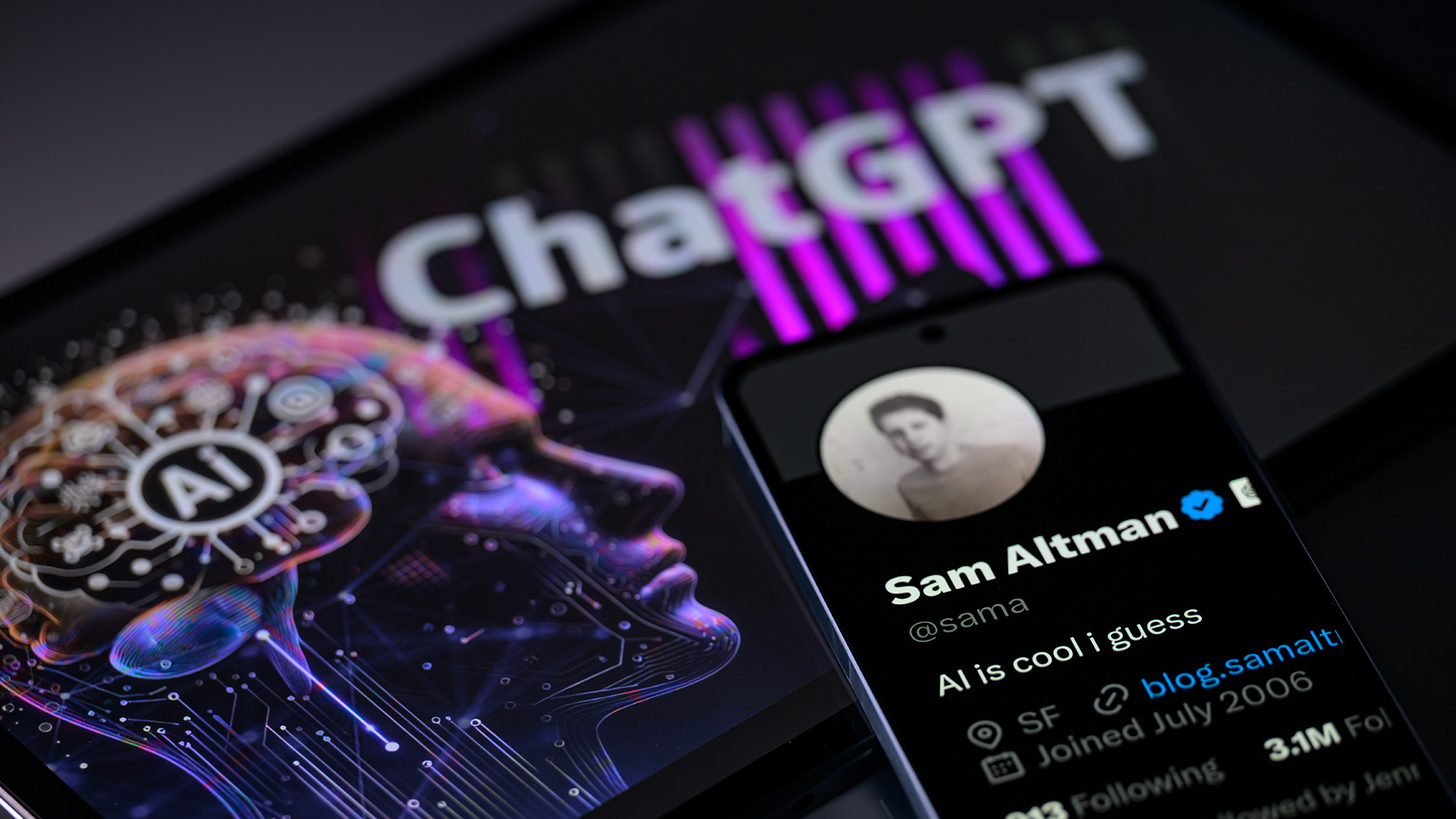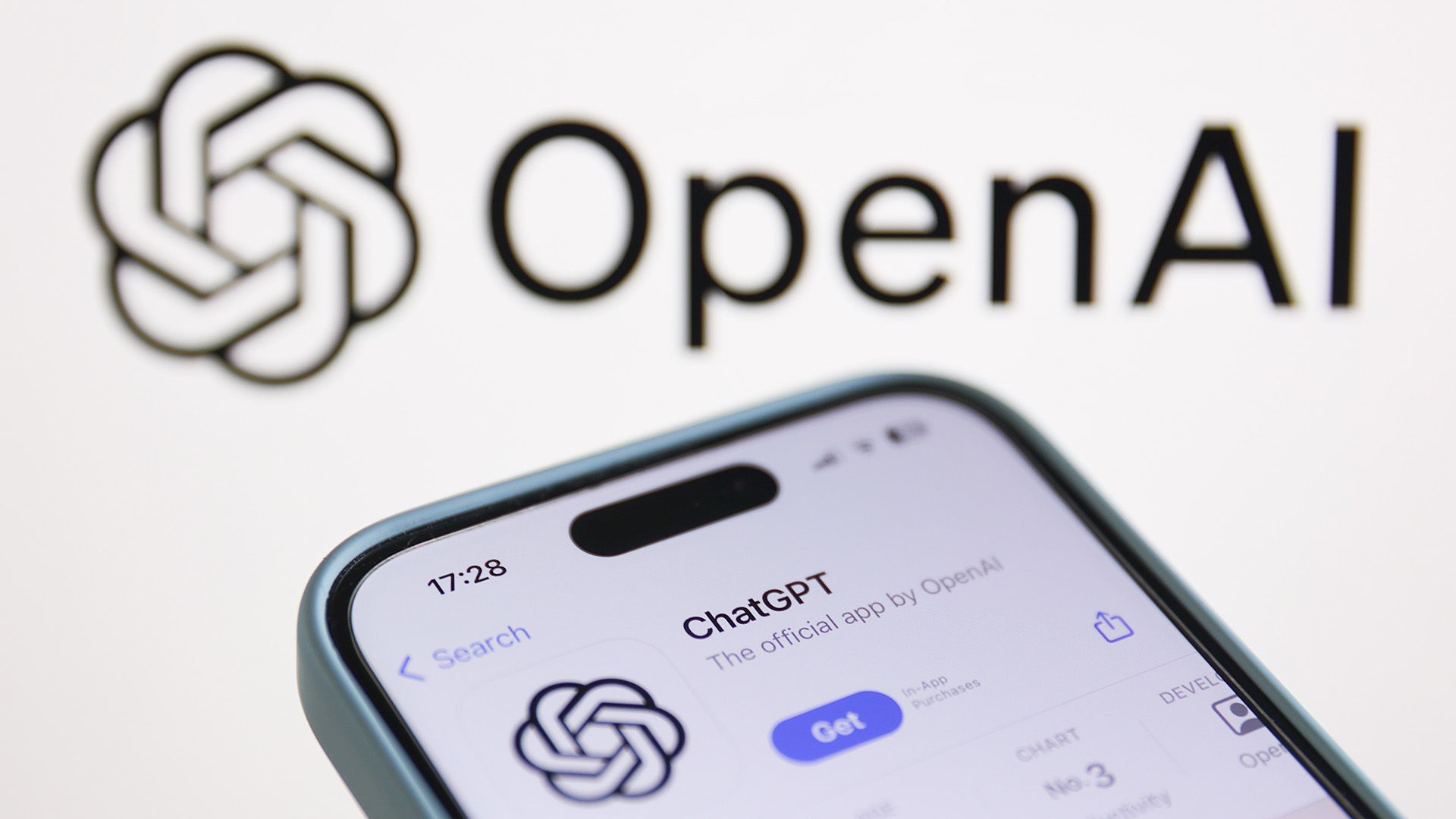
Is OpenAI on the verge of scaling new heights in AI and potentially achieving AGI? A new blog post by CEO Sam Altman suggests that the company could be well on its way to hitting the milestone despite reports scaling laws have begun to stop, stunting the development of advanced AI systems due to a lack of high-quality content for model training.
We are now confident we know how to build AGI as we have traditionally understood it. We believe that, in 2025, we may see the first AI agents “join the workforce” and materially change the output of companies. We continue to believe that iteratively putting great tools in the hands of people leads to great, broadly-distributed outcomes.
OpenAI CEO, Sam Altman
The generative AI space has evolved rapidly, transitioning from base AI tools that can generate text and images to sophisticated systems with reasoning capabilities. Top AI labs, including OpenAI, Google, Anthropic, Microsoft, and Apple, are in an arms race to build and develop advanced AI models that could constitute AGI. As you may know, AGI (artificial general intelligence) is an advanced AI system that surpasses human cognitive capabilities across a wide range of tasks.
OpenAI CEO Sam Altman indicated that the company might achieve the coveted benchmark sooner than anticipated, which was coincidentally reiterated by a technical employee after the ChatGPT maker shipped its o1 reasoning model to broad availability during its 12 days of shipmas extravaganza. "We have already achieved AGI," the employee added. "It’s even more clear with o1."
Sam Altman previously indicated that AGI is achievable with current hardware, and even if the AI revolution requires new hardware, "you'll be happy to have a new device." Still, users continue to lobby safety concerns about the rapid progression of AI, citing the potential negative implications it might have on humanity.
AI safety researcher and director of the Cyber Security Laboratory at the University of Louisville, Roman Yampolskiy, indicated there's a 99.999999% probability AI will end humanity, with the only way around it being not to build AI in the first place.
However, there might be another way around this if Ethereum's co-founder Vitalik Buterin recently proposed a soft pause button to establish control over the rapid advancement of AI and potential catastrophic harm gets greenlit. It could cut AI computing power by 90-99% for 1-2 years.
We only recently got a clear definition of what AGI means (at least figuratively) according to Microsoft and OpenAI. A leaked document revealed that Microsoft signed an agreement with OpenAI indicating that the ChatGPT maker will only achieve AGI once it develops an AI system generating $100 billion in profit.
OpenAI was reportedly trying to wiggle its way out of a stringent AGI clause that would sever its ties with Microsoft once it achieves the AGI benchmark. Microsoft CEO Satya Nadella indicated it would be the "only natural cause of action." This would mean the ChatGPT maker would no longer have access to Microsoft's vast computing resources and funding for its sophisticated AI projects.
It's worth noting that the AI firm was recently on the verge of bankruptcy, with a projection of $5 billion in losses within a year. However, Microsoft, NVIDIA, Thrive Capital, and SoftBank raised $6.6 billion in a round of funding, preventing the ChatGPT maker's business from toppling and pushing its market cap well beyond $157 billion.
Forget AGI, superintelligence is OpenAI's new focus

In a separate blog post, OpenAI CEO Sam Altman indicated superintelligence is only "a few thousand days away." And as it now seems, the company might be well beyond AGI and could be turning its focus to superintelligence. According to the executive:
"We are beginning to turn our aim beyond that, to superintelligence in the true sense of the word. We love our current products, but we are here for the glorious future. With superintelligence, we can do anything else. Superintelligent tools could massively accelerate scientific discovery and innovation well beyond what we are capable of doing on our own, and in turn massively increase abundance and prosperity."
I kinda miss doing AI research back when we didn't know how to create superintelligence.January 4, 2025
According to OpenAI's safety research agent, Stephen McAleer, the company might already know how to achieve superintelligence. OpenAI subtly transitioning to superintelligence from AGI corroborates Google AI Studio's product manager Logan Kilpatrick's sentiments, indicating AGI will "look a lot like a product release" with "surprisingly little" societal impact.
Finally, OpenAI CEO Sam Altman predicts superintelligence could trigger a 10x surge in scientific AI breakthroughs, making a year as revolutionary as a decade.







